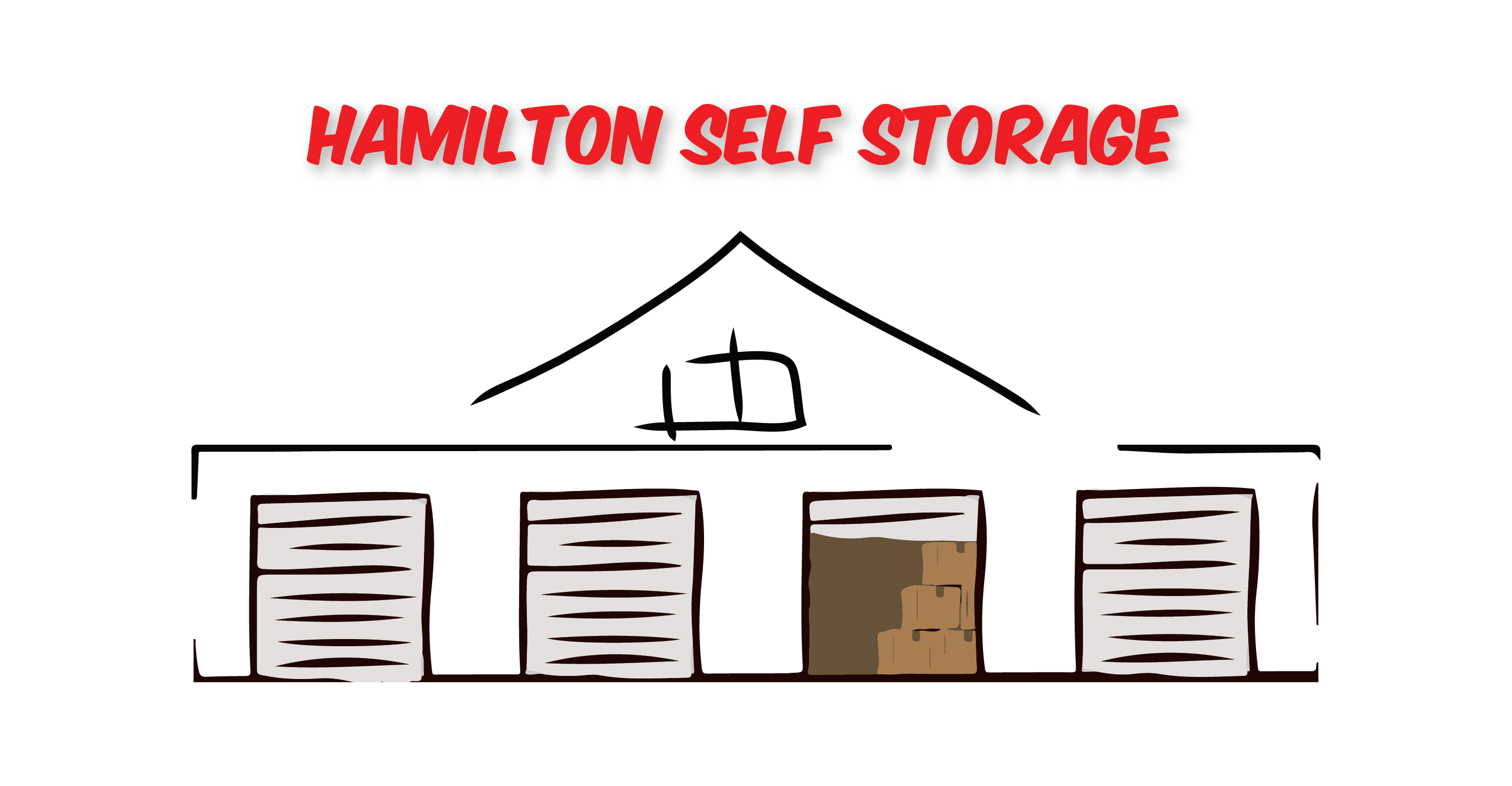Packing your goods in cartons, sealing with tape, and using bubble-wrap etc will help prevent damage and best utilize your storage unit.
Cartons should be full, as half full or over full cartons can easily fall over. Label all cartons and store in such a way that you can see the labels.
Remove contents of wardrobes and drawers. Clothing and personal goods can be packed in cartons with mothballs to protect the contents. Ensure that there are no food crumbs as this can attract vermin and insects.
To conserve space, it is often advisable to remove table legs, etc where possible.
REFRIGERATORS AND FREEZERS
Defrost, clean and dry thoroughly before storing your refrigerator and freezer
DISHES AND GLASSWARE
Store in cartons. Start with a layer of packing material such as bubble wrap. nest cups, bowls, plates, etc. Fill all the gaps between these items to prevent them moving in transit.
There should be a layer of packing material between all items and the carton should be securely taped up and labeled. Never store anything on top of cartons of fragile items.
ARTWORK AND MIRRORS
Paintings, glass windows etc. should be in a flat-pack carton. Store them standing on their edges in an upright position.
Wrapping silver in plastic bags can help reduce tarnishing. Wipe chrome or cast iron with oil to retard rust.
APPLIANCES
Ensure your fridges and freezers are clean and dry before storing them. Doors should be left slightly ajar to allow air-flow through these items, you can do this by taping a small piece of rolled up cardboard in the edge of the door.
Don’t store items inside whiteware as this can cause damage to your appliances.
COMPUTERS, TELEVISIONS, AND STEREOS
Electrical equipment is delicate and sensitive to shock, damp, and dust. The original packaging is perfect and should be used if you still have it. If you need to pack in alternative cartons, secure all small parts and ensure that switches, tone arms, doors and lids are not damaged. Ensure that the cartons you use are clean and dry, and seal with gaffer tape.
BATTERY OPERATED APPLIANCES AND TOYS
Remove ALL batteries to avoid damage from leaking batteries. Remember to remove these from remote controls, and all other small appliances.
MUSICAL INSTRUMENTS AND EQUIPMENT
Like computers etc, these items are easily damaged through dust, moisture, cold, heat, and poor packaging. Use the appropriate cases for instruments wherever possible. If storing for extended periods, make sure that they are sealed up. don’t store instruments where there are frequent changes in temperature. Electrical equipment is treated in the same manner as other electrical goods. Remember to remove all batteries and reduce string tension if stored for extended periods.
MOWERS AND OTHER MACHINERY
To prevent fire and risk of leakage, drain fuel and oil from all machinery stored inside.
PLANNING YOUR STORAGE SPACE
Start at the back of your unit, storing large or heavy items at the bottom and rear, with light or fragile items near the top and front. Store any items that you may need regular access to at the front. In a large unit, you may need to allow for a central walkway to provide access to items near the back. Remember to interlock your cartons to help prevent personal injury or damage to your goods.
MOVING CHECKLIST
Arrange disconnection and reconnection of Power, Phone etc. Cancel any newspapers, milk, etc. Post-shop can assist you with redirection of mail.
Important Authorities to notify of your change of address are: LTSA, IRD, Banks and Financial Advisers, Insurance Companies, and WINZ.
WHAT NOT TO STORE
Any goods that are illegal, stolen, inflammable, explosive, environmentally harmful, hazardous, perishable or that are a risk to the property of any person. e.g. Chemicals, acid, petrol, paint.
THE STORAGE AGREEMENT
This is a written agreement, designed for the protection of the storer and the facility owner and staff. Be sure to read it thoroughly. If you have any questions please contact us
